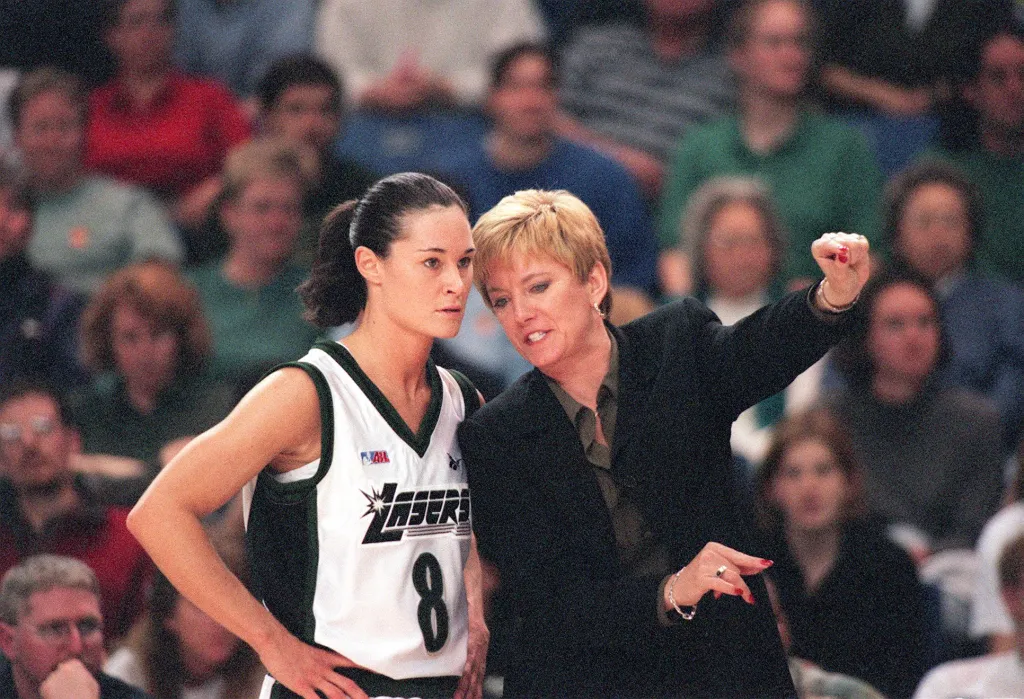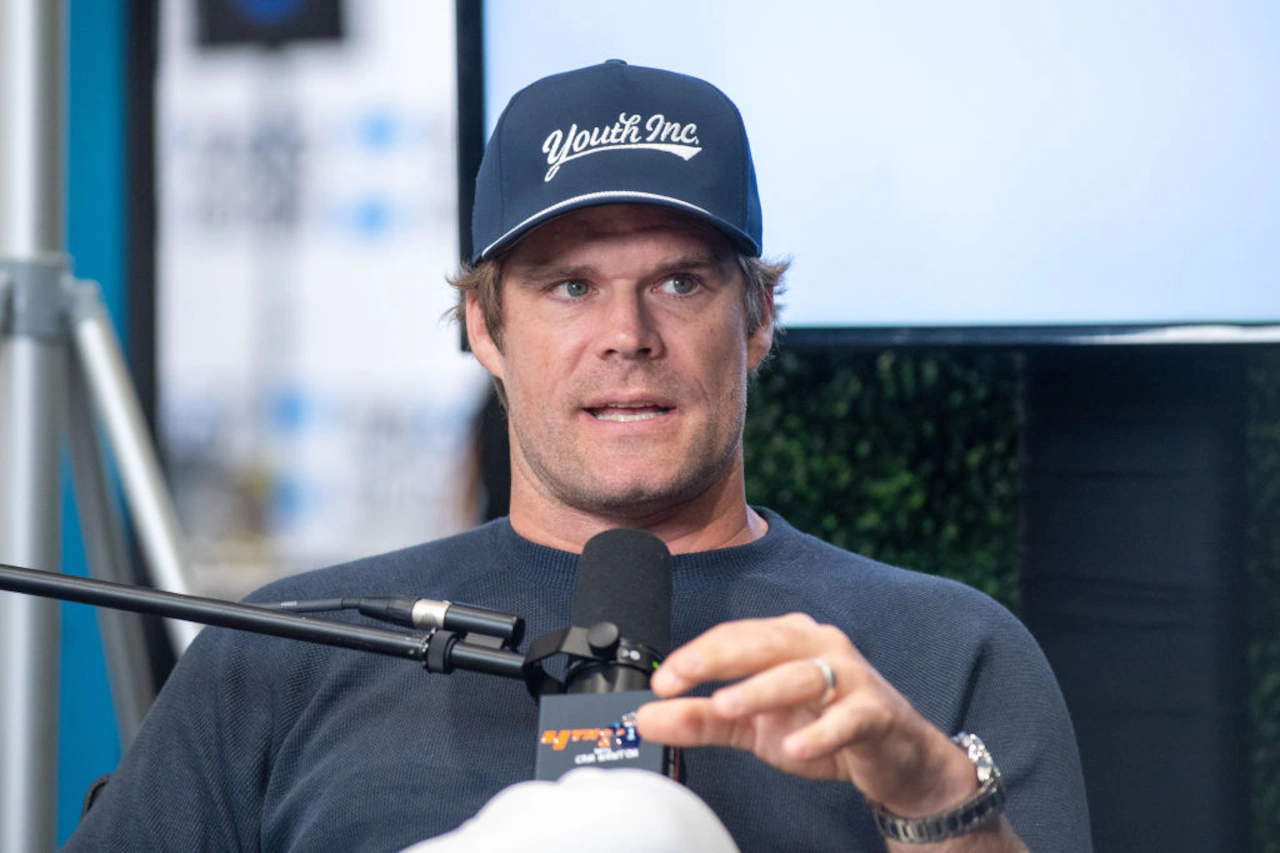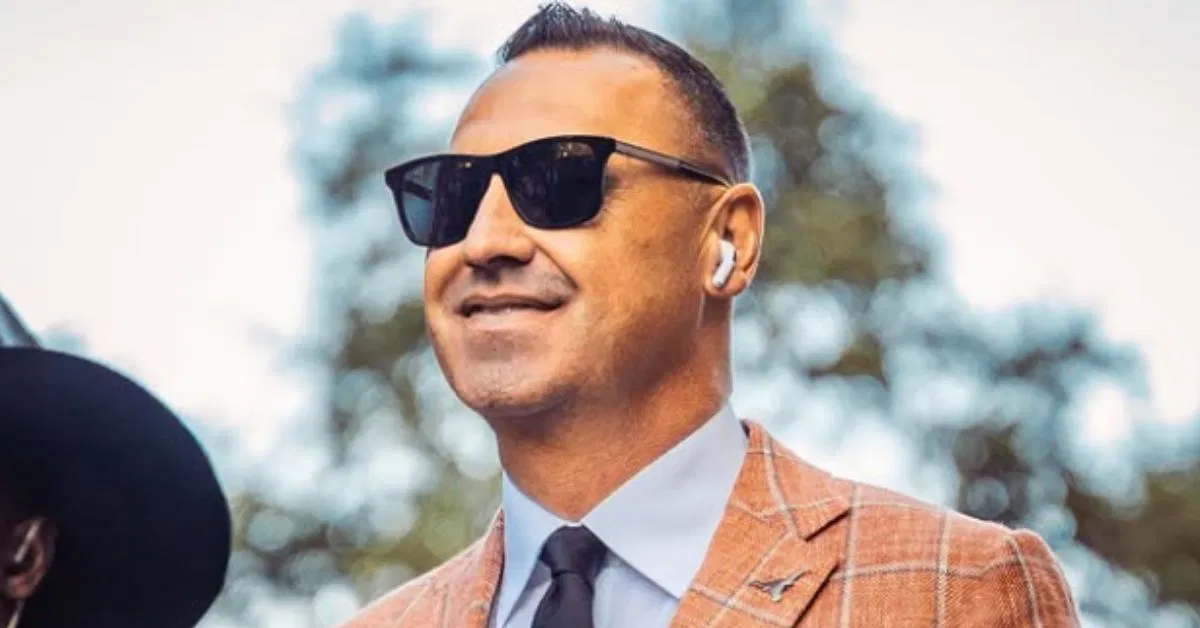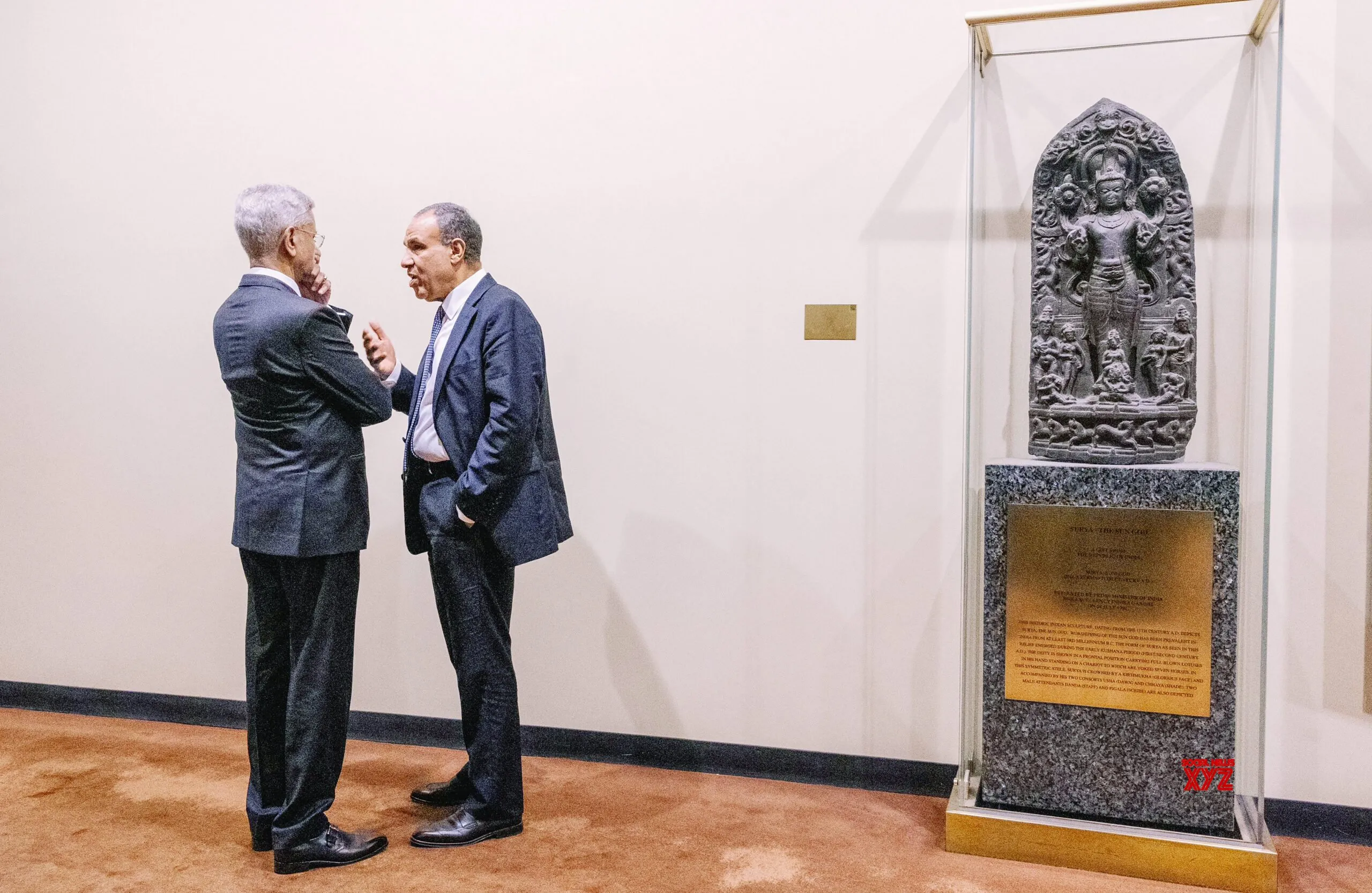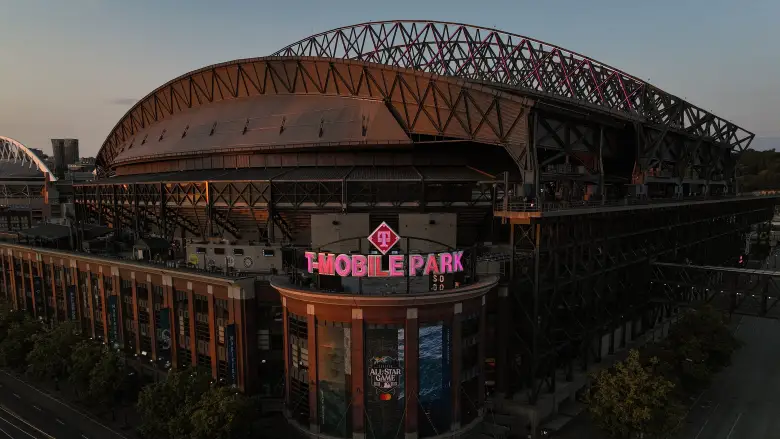
The Seattle Mariners have announced that Root Sports Northwest, their regional sports network, will cease operations this fall, bringing to a close a 37-year Root Sports Network run. Beginning in 2026, the Mariners’ games will be produced and distributed directly by MLB Local Media, aligning Seattle with the growing number of clubs turning away from traditional regional networks.
Root Sports NW had been under Mariners control for years. The club acquired a majority stake in 2013 and then full ownership in 2023. But as the RSN model increasingly struggles amid cord-cutting, rising distribution costs, and eroding subscriber bases, Seattle’s departure was long anticipated.
Why the Shift Now? RSN Decline and Market Pressures
The RSN model that once seemed bulletproof is showing cracks. Consumers are cutting pay-TV subscriptions faster than ever, and RSNs have struggled to survive on shrinking cable tiers and increasing carriage fees. In Seattle’s case, Root Sports NW’s subscriber count reportedly fell from 3.3 million in 2014 to about 1.2 million in recent years.
Other signs hinted the end was near. The Portland Trail Blazers, once carried by Root Sports NW, departed to mix local and streaming broadcast options. The Seattle Kraken hockey team also opted not to renew their RSN deals, choosing newer distribution models.
At the same time, MLB has been building infrastructure to take over production and distribution for teams whose RSNs failed or exited. That framework, under MLB Local Media, already supports teams like the Diamondbacks, Guardians, Rockies, Padres, and Twins. MLB Local Media is essentially the league’s broadcast arm for local markets, enabling central control while preserving some local operations.
In some ways, Seattle’s change aligns with larger media shake-ups. National TV ratings for MLB have climbed in 2025, and the league is renegotiating media rights with streaming and emerging platforms in mind. The timing suggests that MLB is executing a multi-front strategy: controlling national rights while consolidating local production under its umbrella.
Implications for Fans, Broadcasters & Teams
For Fans:
The transition raises questions about accessibility, blackout rules, and streaming options. The hope is that signal distribution becomes more stable and modern–without the unpredictability of RSN carriage disputes. But until those details are clear, some fans may worry about losing coverage or seeing rates shift.
For Broadcast Personnel:
Some talent and production staff who worked under Root Sports NW may be retained under the new MLB-led structure. However, layoffs are inevitable. Localized investment may shrink, and centralized workflows may standardize features across markets. Root Sports NW figures indicate over 25 staffers could be impacted when the channel winds down.
For Clubs & Revenue Models:
Teams losing their RSNs often face short-term revenue hits as they restructure contracts and redefining sponsorship/advertising deals. But long term, integrating with MLB’s media arm offers scale, negotiation leverage, and unified branding across markets.
Seattle’s move also signals to other teams that the RSN era is waning. If more franchises transition to MLB’s model, the role of external RSNs could become increasingly marginalized, or even obsolete.
Broader Trends & What’s Next
The Mariners are the latest in a wave. As RSNs crumble under the dual pressures of streaming disruption and declining cable sub bases, MLB is stepping into the vacated space. The fact that Seattle is joining this trend reinforces that this is not a fringe experiment, but perhaps the new standard.
MLB’s media rights outlook also plays a part. With new agreements being negotiated for 2026-’28 and increasing pressure to modernize local rights, consolidating production under the league helps them control costs, quality, and distribution.
Finally, this transition may shift how baseball is watched, monetized, and experienced. As distribution centralizes, markets may see more consistent presentation and bundled OTT/TV solutions. For fans, the goal will be simpler access. For MLB, it’s about capturing more of the value chain.
